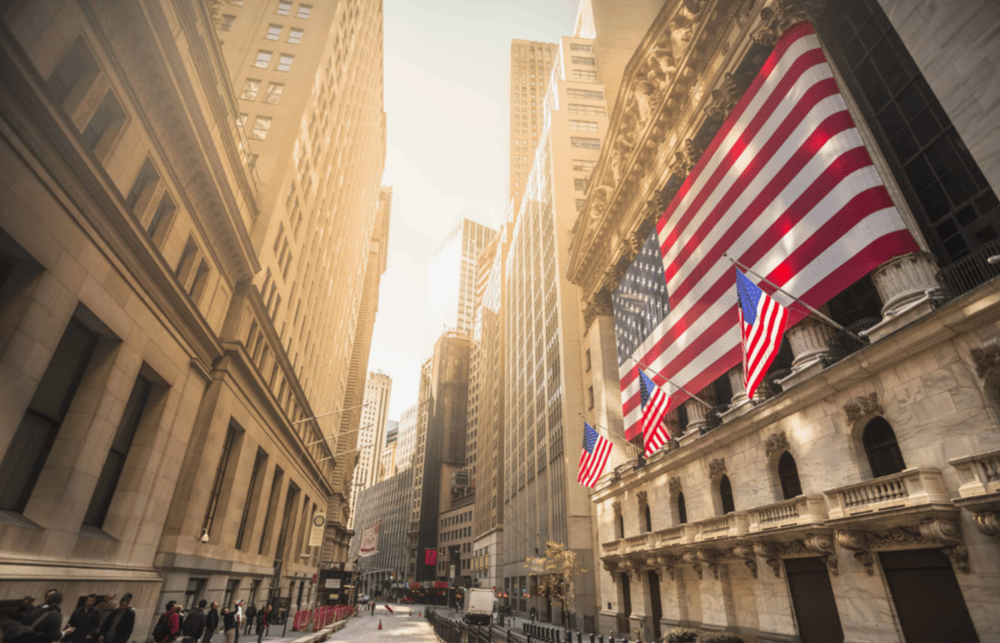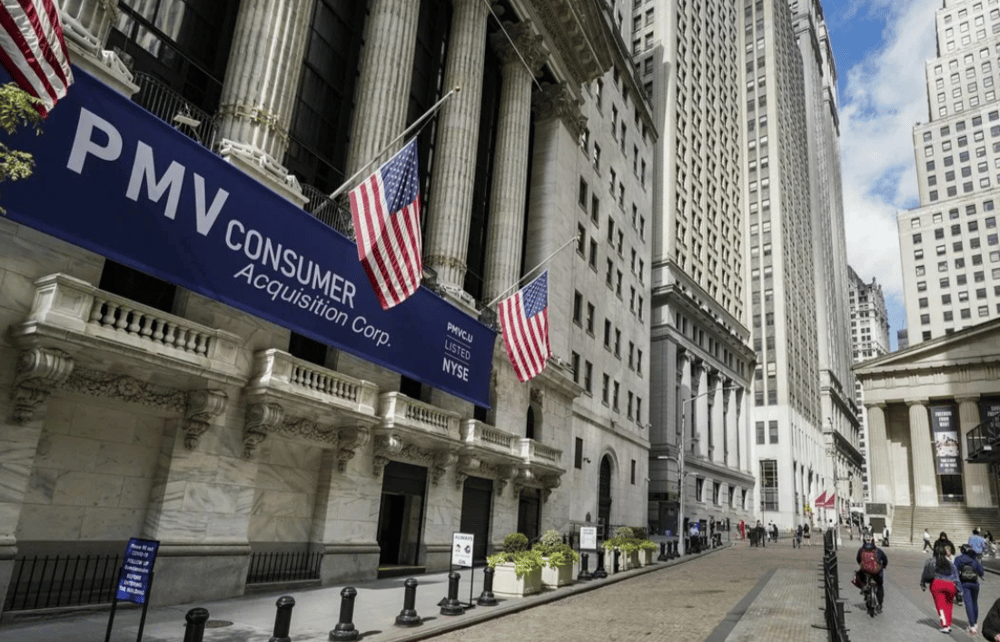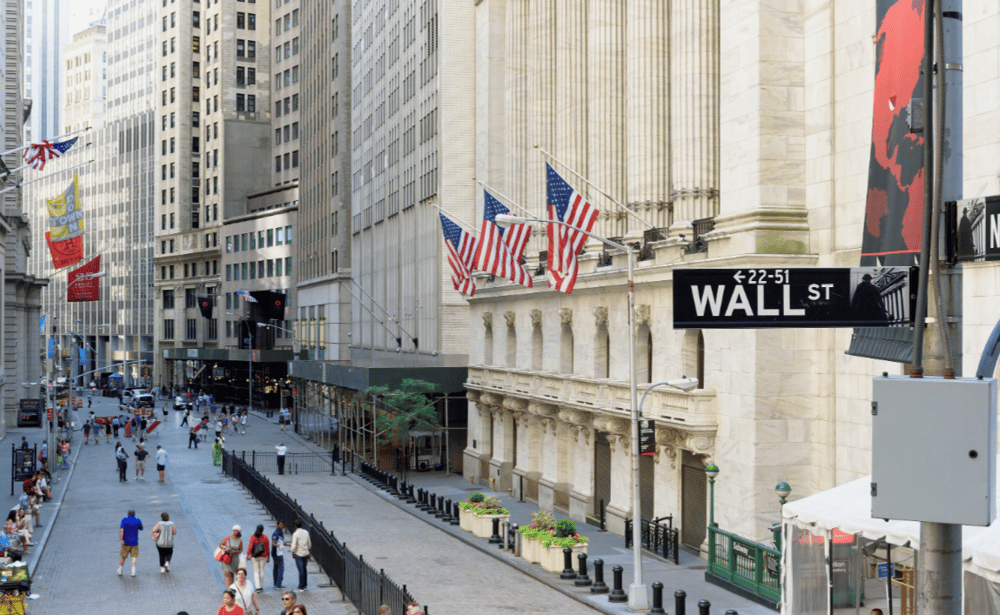Wall Street Leaders Address Economic Uncertainty Amid Trump's Trade Policy at Milken Institute Global Conference
As the global economy faces heightened uncertainty, the Milken Institute Global Conference in Beverly Hills brought together influential leaders from Wall Street and the investment community. Despite the upbeat atmosphere, the discussion highlighted growing concerns over the slowdown in economic growth, driven largely by President Donald Trump’s trade policies.
At the heart of the discussions was the impact of the U.S. administration's aggressive tariffs on imports from key trading partners. These tariffs, designed to address trade imbalances, have caused significant disruptions in global markets, prompting caution from companies and investors alike. Despite this, many leaders in the financial sector were keen to maintain composure and project confidence in the face of ongoing challenges.
Wall Street's Response to Rising Trade Tensions
The aggressive tariffs implemented by the Trump administration have had far-reaching consequences on businesses and financial markets. While the intent behind these measures is to protect U.S. industries, the repercussions have created significant volatility in financial markets, particularly in the short term.
Key Factors Influencing the Market Outlook:
Impact of Tariffs on Trade Relationships The U.S. tariffs on imports from China, the European Union, and other key partners have disrupted established trade relationships. As companies are faced with rising costs of imported goods, they have been forced to reassess their business strategies, including halting or delaying investment plans.
Economic Slowdown and Reduced Investment The uncertainty surrounding trade policies has led to a slowdown in global economic growth. Investors and business leaders have become more cautious, with many scaling back their investment plans. This has, in turn, affected the growth trajectory of various industries, particularly those reliant on international trade.
Volatility in U.S. Stock Markets Following the announcement of new tariffs, U.S. stock markets experienced a brief but sharp decline, reflecting the heightened anxiety among investors. The uncertainty surrounding the future direction of trade policies contributed to a decrease in market confidence, further exacerbating the volatility.

The Financial Sector's Strategic Adjustments
Despite the challenges posed by the current trade environment, key financial industry leaders, including investment managers and bankers, sought to maintain stability and convey a sense of optimism. The Milken Institute Global Conference became a platform for discussing how companies and investors could adapt to these evolving market dynamics.
Key Insights Shared by Financial Leaders:
Adapting to Changing Trade Policies Many financial experts acknowledged the need for businesses to adjust to the shifting trade landscape. Companies are now rethinking their strategies, especially in terms of production and investment, to mitigate the impact of tariffs on their bottom lines.
Focus on Risk Management In light of increased market volatility, investment managers have placed a stronger emphasis on risk management strategies. By diversifying portfolios and hedging against potential losses, investors are attempting to protect themselves from the adverse effects of the trade war and its implications for the broader economy.
Global Economic Integration Despite the challenges, financial leaders emphasized the importance of global economic integration. While trade tensions have certainly added risks, many experts still believe in the long-term benefits of global trade and open markets. The key, they suggest, is finding a balance between addressing trade imbalances and fostering global cooperation.

Outlook for U.S. Assets and the Broader Economy
The concerns raised by investors at the Milken Institute conference suggest that the U.S. economy and its financial markets are likely to face more turbulence in the short term due to the effects of the trade war. However, there are differing opinions on how long these effects will last and to what extent they will influence U.S. assets and the broader global economy.
How U.S. Assets Are Likely to Be Affected:
Short-Term Market Volatility The initial shock to the stock market has shown how sensitive U.S. assets are to trade-related news. Short-term volatility is expected to persist as the market continues to react to announcements from the Trump administration and its trade partners.
Long-Term Investment Risks Over the longer term, the outlook for U.S. assets will depend largely on the resolution of trade tensions and the stability of the global economy. If trade disputes are resolved, the economy may regain some momentum. However, sustained uncertainty could continue to dampen investment, potentially leading to a more prolonged period of subdued growth.
Conclusion: Maintaining Composure in Times of Uncertainty
While concerns about the economic impact of President Trump’s trade policies are valid, Wall Street leaders at the Milken Institute Global Conference made it clear that there are strategies to navigate through these turbulent times. Despite the short-term market disruptions and the risks posed by increased tariffs, many believe that the U.S. economy remains resilient.
Financial managers and investment professionals are focused on adapting to the changing landscape, adjusting strategies to manage risks, and maintaining confidence in the long-term potential of U.S. markets. The key challenge will be whether the Trump administration can reach a resolution with its trading partners, thus alleviating some of the uncertainty and allowing the global economy to regain its footing.















Comments